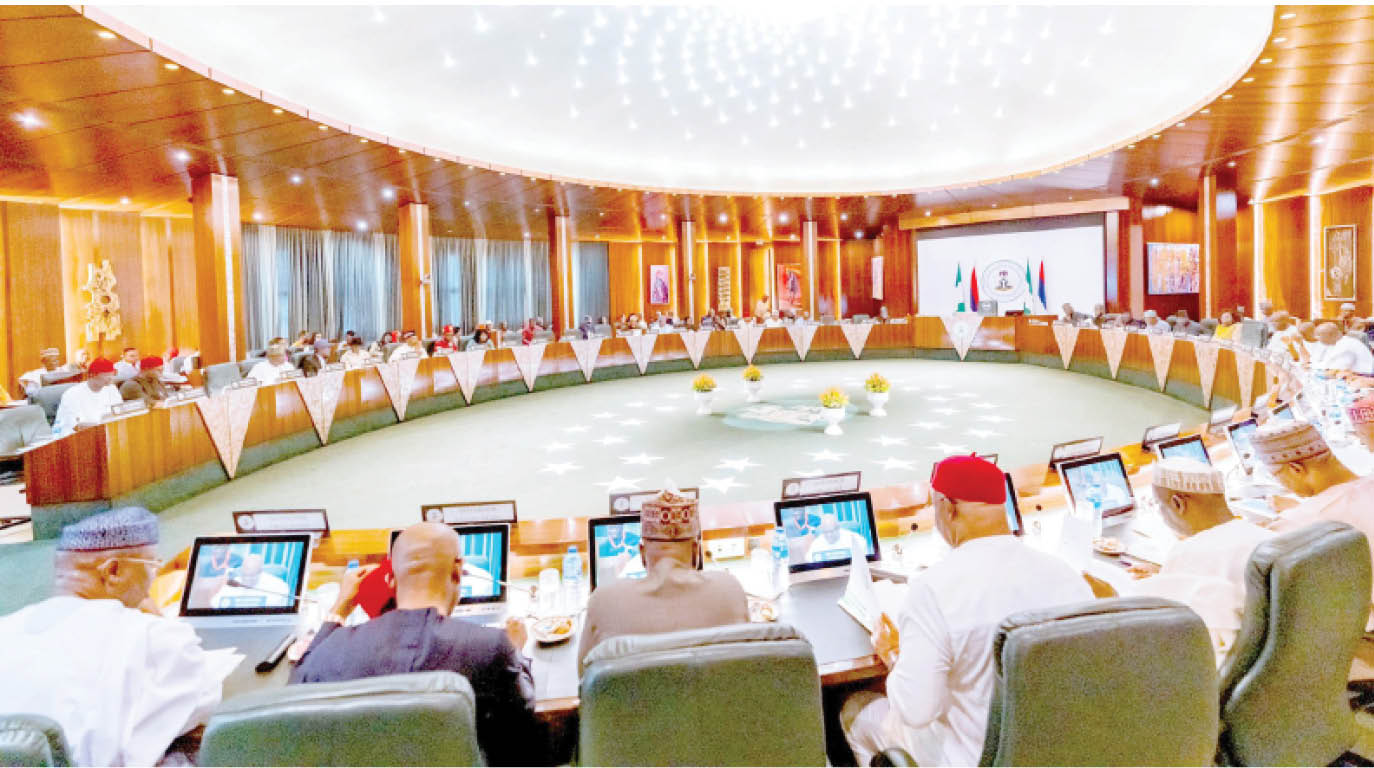The National Economic Council (NEC) has recommended the withdrawal of the Tax reforms bill already at the National Assembly.
The NEC headed by Vice-President Kashim Shettima has governors as members.
Speaking to state House Correspondents after a NEC meeting, on Thursday, Governor Seyi Makinde of Oyo State said following the controversies that arose as a result of the bills, NEC decided to withdraw them so that stakeholders could be carried along.
Arising from a meeting on Sunday, the Northern Governors’ Forum (NGF) chaired by Governor Inuwa Yahaya of Gombe State, announced rejection of the derivation-based model for Value Added Tax (VAT) distribution in the new tax bills.
Later Governor Abdullahi Sule of Nasarawa clarified the position of governors from the region, saying they were against the VAT bill because it would be unfair to the north.
Sule said that the governors were not against President Bola Ahmed Tinubu, saying they brought him into power.
He said, “We can’t bring in President Tinubu and then oppose him. If you look at the composition of the meeting you will see that there are people from the APC and the PDP. Some don’t even have a political party. We sat down and took the decision together.
“Some are traditional rulers. If you look at the law, it will be unfair to the north. By the time you say you are going to take something out of the sharing of the FAC and then say you are going to share something similar to something like that because that is the understanding we have based on the proposal. It’s going to be another 13% derivation.
“So, the states that have almost no VAT at the moment will end up actually with the shorter area of the stick. And you know, the 19 states of the north are generating very little when it comes to VAT at the moment.
“It’s very clear. I worked for some of these multi-national. I know how VAT is paid. When we were importing raw material at Dangote at Apapa port. We paid VAT first and then the finished product had VAT added to it.”
Earlier, on Thursday, Bayo Onanuga, Special Adviser to the President on Information and Strategy, had spoken about the “misunderstandings and misgivings around the tax reform already embarked upon by the administration.”
Speaking specifically on the proposed derivation-based VAT distribution model, Onanuga stressed that the new proposal, as enunciated in the Bill, is designed to create a fairer system.
“The current model for distributing VAT is based on where the tax is remitted rather than where goods and services are supplied or consumed. The ongoing tax reform seeks to correct the inherent inequity in the current derivation model as a basis for distributing VAT revenue.”
“The new proposal before the National Assembly outlines a different form of derivation which considers the place of supply or consumption for relevant goods and services. This means that states in the Northern region that produce the food we eat should not lose out just because their products are VAT-exempt or consumed in other states,” he had said.

 Join Daily Trust WhatsApp Community For Quick Access To News and Happenings Around You.
Join Daily Trust WhatsApp Community For Quick Access To News and Happenings Around You.


